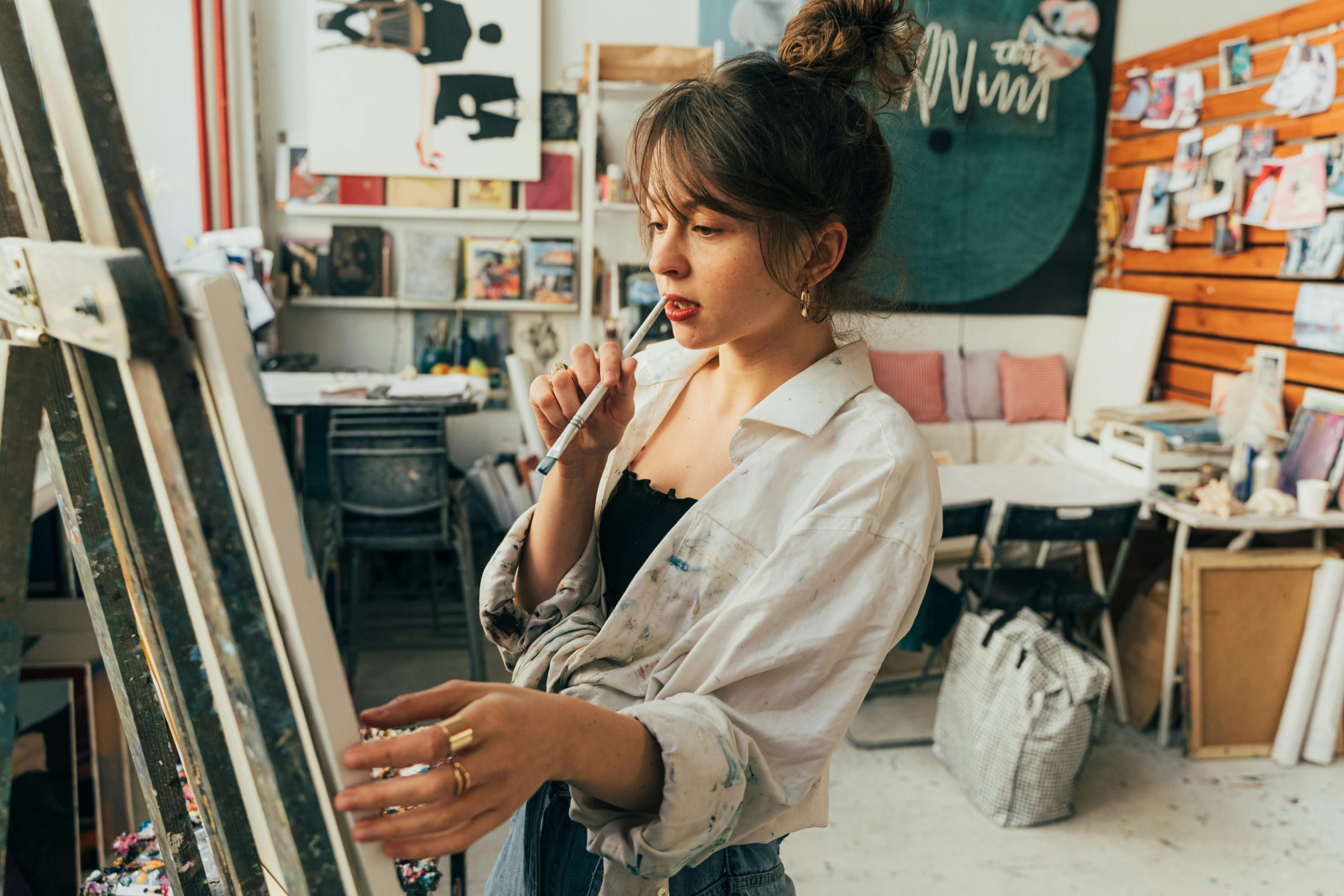The art of asking good questions to stimulate deeper thinking
As humans, we are constantly searching for answers. Whether it’s through conversations with friends, researching online, or deep introspection, we crave understanding and meaning. However, we often overlook the importance of asking good questions. We settle for surface-level answers and fail to stimulate deeper thinking. But what if I told you that the art of asking good questions can unlock a wealth of knowledge and lead to transformative insights? In this article, we’ll explore the power of asking good questions and how it can enhance your critical thinking skills.
The Importance of Asking Good Questions
Asking questions is a fundamental part of human nature. It’s how we learn, grow, and understand the world around us. From a young age, we’re encouraged to ask questions to satisfy our curiosity. However, as we grow older, we tend to lose that curiosity and become content with surface-level knowledge. But asking good questions is crucial for personal growth and development.
Good questions can help us challenge our assumptions, gain new perspectives, and push us to think beyond our comfort zones. They can spark creativity and stimulate our minds to think deeper and critically. Without good questions, we limit ourselves to a narrow way of thinking and miss out on opportunities for growth and learning.
The Art of Asking Good Questions
The art of asking good questions is more than just randomly throwing out inquiries. It requires a certain level of skill and intentionality. Here are some tips for mastering the art of asking good questions:
Be Specific
One of the main reasons why our questions remain on the surface is because they’re too vague or general. To stimulate deeper thinking, it’s important to be specific with your questions. Instead of asking, “What makes you happy?” try asking, “What activities bring you the most joy and why?” Specific questions prompt specific answers that can lead to more in-depth discussions.
Ask Open-Ended Questions
Open-ended questions are questions that can’t be answered with a simple “yes” or “no.” They require more thought and reflection, leading to more meaningful conversations. Closed-ended questions, on the other hand, often limit the scope of thought and provide one-word answers. To stimulate deeper thinking, ask open-ended questions that encourage people to share their thoughts and feelings.
Reflect Before Asking
Before asking a question, take a moment to reflect on its purpose. Are you asking to satisfy your own curiosity, or to gain a better understanding? Are you asking to push the conversation forward, or to impress others with your knowledge? Reflecting before asking can help you craft meaningful questions that contribute to the conversation instead of hindering it.
Using Good Questions in Different Settings
The art of asking good questions can be applied to various settings and situations. Here are a few examples:
In the Workplace
In a work setting, asking good questions can lead to better problem-solving and decision-making. Instead of presenting ideas or solutions, try asking your team members for their thoughts and ideas. This encourages collaboration, critical thinking, and can lead to innovative solutions.
In Relationships
Communication is key in any relationship, and good questions can enhance it. Instead of resorting to small talk, ask your partner or friends thought-provoking questions that can deepen your connection. This can lead to meaningful and insightful discussions that help you understand each other on a deeper level.
In Self-Reflection
Asking good questions is not just limited to conversations with others; it’s also beneficial for self-reflection. Take time to reflect on your thoughts, beliefs, and behaviors by asking yourself challenging questions. This can help you gain clarity and develop a better understanding of yourself.
In Conclusion
The art of asking good questions is a powerful tool that can enhance your critical thinking skills and lead to transformative insights. By being specific, asking open-ended questions, and reflecting before asking, you can stimulate deeper thinking and unlock a wealth of knowledge. So the next time you find yourself in a conversation, remember to use the art of asking good questions and see where it takes you.










